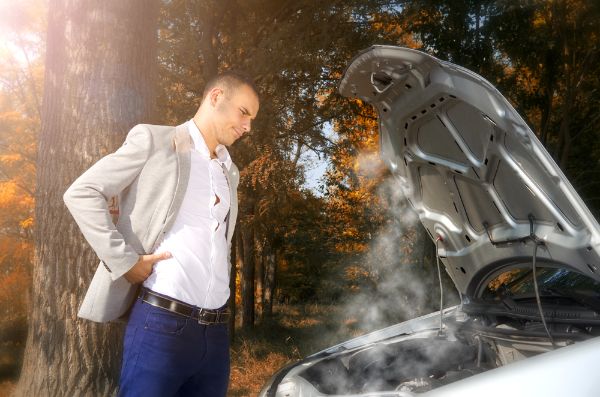Engine failures can be a nightmare for Salinas vehicle owners. An engine is the heart of any vehicle. It powers everything from daily commutes to long road trips. When an engine fails, it can bring your vehicle to a halt. Knowing the common causes of engine failures can help you avoid unexpected breakdowns. Regular maintenance is important. It helps keep your engine running smoothly. Ignoring issues can lead to bigger problems. Simple problems can become serious engine failures if not addressed.
Signs of Engine Trouble
Recognizing early signs of engine issues can help prevent complete engine failures. Vehicle owners should be aware of various warning signs that may indicate underlying problems. Some key indicators include:
- Unusual Noises: Hearing knocking, tapping, or grinding noises can signal internal engine problems. This may require immediate attention to avoid severe damage.
- Excessive Smoke: Seeing blue or black smoke coming from the exhaust can suggest burning oil or fuel issues. This can lead to further engine complications if not addressed.
- Engine Warning Light: If the check engine light activates, it is crucial to have it checked by a professional. This light often points to various issues that need resolution.
- Overheating: An engine that frequently overheats can be a sign of cooling system failures or low coolant levels. This can result in significant engine damage if not fixed promptly.
- Loss of Power: A noticeable decrease in power during acceleration may indicate problems with the fuel system, spark plugs, or other components.
Being vigilant about these signs can help vehicle owners take action before minor issues escalate into major engine failures. Regular maintenance checks at 1-Stop Auto Care can also help identify potential problems early on.
Common Causes of Engine Failures
Engine failures can be caused by many factors. Overheating is one of the most common issues. When the engine gets too hot, it can cause parts to warp and fail. Low oil levels can also lead to engine failure. Oil lubricates the engine parts. If there is not enough oil, parts can rub together and wear out. Additionally, problems with the fuel system can cause engine issues. Clogged fuel filters or failing fuel pumps can prevent the engine from getting the fuel it needs to run properly. Understanding these causes can help you maintain your engine and avoid failures.
Preventing Engine Failures
Preventive maintenance is key to avoiding engine failures. Regular oil changes keep the engine lubricated. This helps reduce wear and tear. It is important to follow the manufacturer’s recommended maintenance schedule. Checking fluid levels is essential. Coolant levels should be checked to avoid overheating. It is also crucial to monitor the health of the battery. A weak battery can lead to engine starting problems. In addition, having regular diagnostics done on your vehicle can help identify potential issues before they become serious. Catching problems early can save you time and money in repairs.

